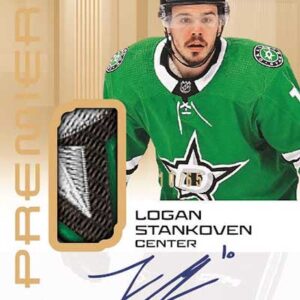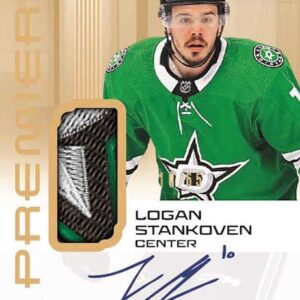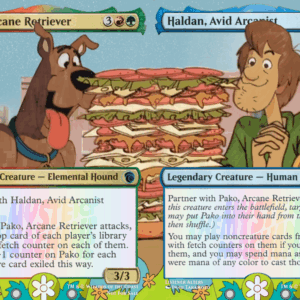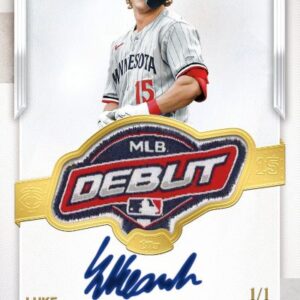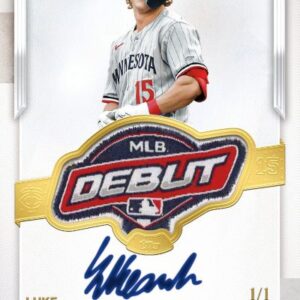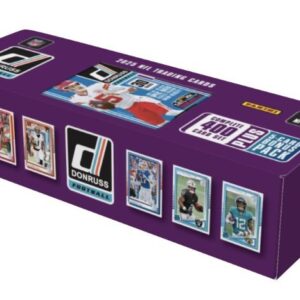In the fascinating world of memorabilia, among the rinks of rarity skates a particular gem: a 1979-80 O-Pee-Chee Hockey card case that was snapped up for an astonishing $3.7 million. Yet, this expensive artifact, despite its eye-popping price tag, is still awaiting its moment to truly shine in the care of a dedicated enthusiast. Jack Arshawsky, the current owner who initially bagged this treasure at a Heritage Auctions event last February, has embarked on an intriguing quest. Not just to pass on an invaluable collectible, but to find someone with the heart and passion for hockey history to match its worth.
Arshawsky, hailing from Vaughan, Ontario, and making his living in real estate, hasn’t picked up the card case since his big buy. While one might conjecture that after parting with $3 million—$700,000 shy of the total—there would be a rush to clutch his costly cache, Arshawsky’s motives stem from a more charming trait: sportsmanship. Upon hearing of the underbidder’s profound disappointment at the auction, Arshawsky reconsidered his ownership, deciding perhaps there was someone else out there—a true aficionado of the icy game—who might treasure it deeper than he could.
A beacon for collectors worldwide, the case itself holds bounteous potential treasure: 16 boxes, each brimming with 48 unopened packs. Hidden amongst these time-capsuled stacks is the high likelihood of stumbling upon no less than 25 Wayne Gretzky rookie cards. The value of such a find? Immeasurable, particularly given the untouched, near-mystical state of the entire collection—a condition exceedingly rare for items pulsing from that nostalgic era.
Determined to redistribute his find, Arshawsky reached out to high-profile figures including Edmonton Oilers mogul Daryl Katz, the iconic musician Drake, and even hockey legend Wayne Gretzky himself. However, the stars have yet to align, leaving the case comfortably ensconced in its vault in Texas, under the aegis of Heritage Auctions. It’s commonplace, the auction house reassures, for items to take a snug sojourn in their premises post-sale, as buyers and sellers finagle final financial reconciliations. Nevertheless, they too are eager for a prompt conclusion to these proceedings.
Working with Toronto lawyer Hy Bergel, Arshawsky’s efforts to find the case a fitting heir continue, though not aimed at turning a profit. His venture is instead colored by a commendable desire to see the case in the hands of someone who recognizes its historical and sentimental significance. A touching testament to his intentions, should a worthy collector remain elusive, is Arshawsky’s consideration of gifting it to a childhood friend—a spirited nod to personal connections often forged in the simple joys of collecting cards on cold winter days.
The case thus not only encapsulates the frosty dazzle of hockey’s glory days but now also swirls in a delicate dance of destiny, as one man’s unexpected altruism steers its course towards a new chapter. It is a tale of calculated gambles and heartfelt decisions with an uncertain outcome, in the hopes that somewhere in the shadows, a passionate soul waits to claim this frozen fortune.

